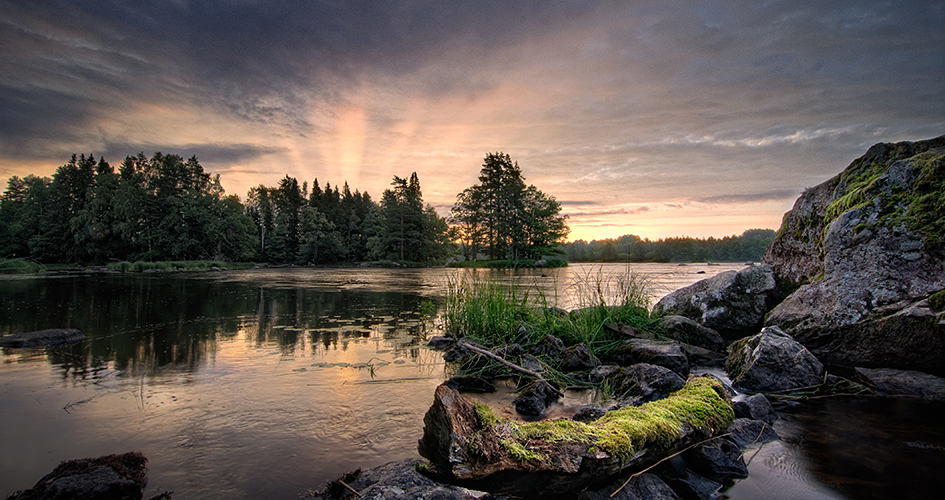 Foto: David Foster
Foto: David FosterQ&A's
Here we have collected questions that are frequently asked by our visitors.
Q: What is the best time of year to visit Färnebofjärden National Park?
A: It depends on what you want to see and experience. Many visitors find that May is the best month to visit. During this time there are usually no mosquitos, spring is coming to the park and the bids are returning or passing by on their way back to the mountains. On the other hand, if you want to go skiing May is not a particularly good month for your visit…
Q: Am I allowed to catch butterflies and other insects?
A: No! There are very few places where butterflies and other insects can live undisturbed. The national park is one of these places, and therefore it is forbidden to catch insects here.
Q: Am I allowed to pick mushrooms and berries in the park?
A: You are welcome to pick mushrooms and berried for personal use. However, it is not allowed to pick mushrooms or berries to sell since commercial activity is forbidden in the park.
Q: Am I allowed to take twigs from the ground to light a fire?
A: You should not have to. You are only allowed to light fires in certain designated places, where there should be firewood to use. The twigs lying on the ground are good for the insects living in the park.
Q: If I suddenly need to use the toilet, am I allowed to go in the woods?
A: We prefer that you use the park’s privies. However, if you are desperate you can go in the woods. For everyone’s comfort – lift up a stone or some moss which you can use to cover up the excrement.
Q: Can I make my way by canoe, on horseback or bicycle in the park?
A: A canoe is okay, except in the protected bird area between 1 /1 and 15 /6. You may ride a horse or bicycle along the roads but not on the trails or in the terrain.
Q: Why did Färnebofjärden become a national park?
A: The purpose of making Färnebofjärden a national park is to preserve the parks unique river landscape and surrounding valuable forests and wetlands.
Q: Can I recieve a penalty if I break the rules in the national park?
A: Yes. Depending on what rules you break you can get daily fines or up to two years in prison. Environmental crime has relatively high penalties.
Share with your friends
Share this page with your friends on Facebook, X (formerly Twitter), Google+ and e-mail.





